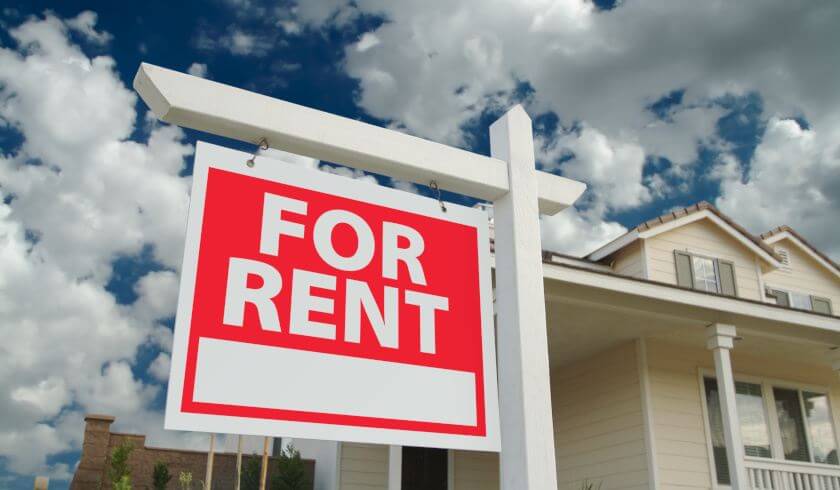How to be a good landlord

In a recent blog post published by Raine & Horne, advice was provided on rights and responsibilities as a landlord, offering up tips on how to ensure one goes beyond being the weekly rent collector.
Security and safety
As a landlord it is paramount to ensure your tenant is provided with a secure, safe and reasonable clean property, according to the agency.
“This also means providing fittings and fixtures such as carpets, blinds, and kitchen appliances such as stove tops and ovens that are in good working order,” Raine & Horne said.
“Also, the property must present in a reasonable condition based on its age and the rent charged to a tenant.”
Proper utilities
Making sure connections for all essential utilities are up to scratch is a must for any quality landlord, says Raine & Horne. This includes water, gas and electricity.
“Light fittings and smoke alarms must be functioning at the beginning of the tenancy and fully maintained,” the agency added.
“Landlords must supply sets of keys for every tenant who signs the lease contract, as well as fully operational locks throughout the property for the duration of the tenancy.”
Being fair
As a landlord, regular inspections of property are a given. However, what’s not acceptable is rocking up without notice.
“As a landlord, you are also able to attend the regular, scheduled inspections of your investment with the property manager,” Raine & Horne said.
“However, you can’t turn up to the apartment or house unannounced. Nor can you interfere with the reasonable enjoyment, comfort, or privacy of the tenant.”
Regulation compliance
If and when the time comes to up the rent, a good landlord will follow appropriate procedure.
“On the expiry of your tenancy, a landlord can issue a rental increase if it meets the minimum requirements according to your state or territory. However, to do so, you must abide by regulations as stipulated by the relevant legislation in your state or territory. In NSW, for example, a landlord must give 60 days’ notice,” Raine & Horne explained.
“There is no hard and fast rule to determine how much you can increase the rent. However, be aware that if a tenant feels the increase is excessive, they have two options. They can either leave or take the rent increase to a residential tenancy tribunal in the state or territory where they reside.”
Notice period
Treat your tenant with respect and let them know if you’re planning on selling the property, Raine & Horne advises.
“Also, if there is some major maintenance scheduled to the property that will cause significant disruption to the tenants, they must be notified before the works commence,” the agency added.

